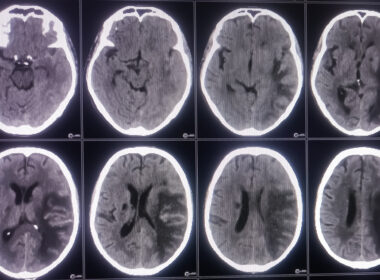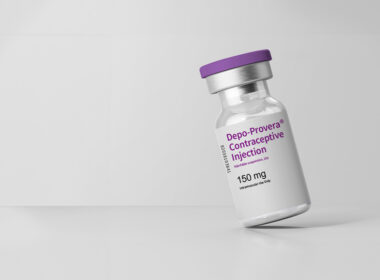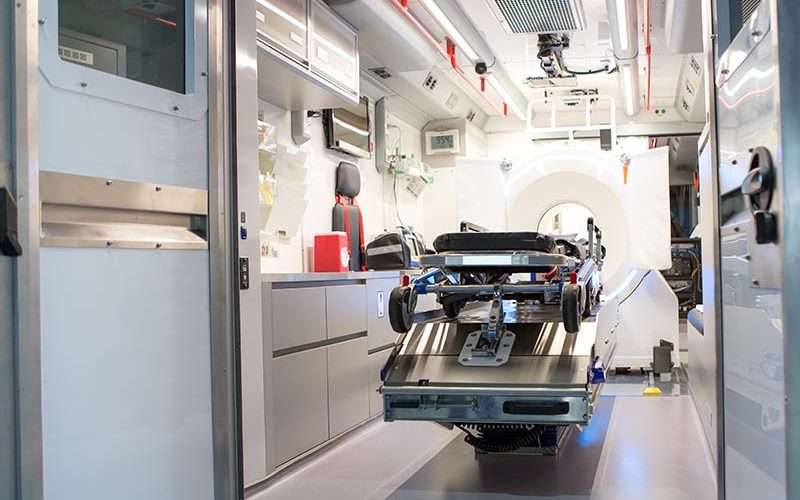An incorrect diagnosis is when a doctor diagnoses his patient with the wrong illness, or when the patient has a different illness from what the doctor diagnosed him or her with. It can be very harmful to misdiagnose an illness since it can lead to improper treatment and unnecessary suffering for the patient.
If you go to see a doctor because you are feeling unwell, the last thing you want to hear is that they have misdiagnosed you.
Misdiagnosis is unfortunately more common than you might think. The AARP cites a Mayo Clinic study showing that 20% of patients had been misdiagnosed and 66% needed to change their first diagnoses.
Another study results from Johns Hopkins University’s School of Medicine suggest that one out of three malpractice cases that cause death or permanent disability are the result of misdiagnosis or delayed diagnosis.
To reduce the risk of being misdiagnosed, you should be aware of what it looks like and how it can happen. This article explores some of the most common causes of misdiagnosis.
What causes misdiagnosis?

So, why does misdiagnosis occur? There are a number of possible reasons for misdiagnosis. They include:
- Incorrect recall of symptoms by the patient
Patients not recalling symptoms accurately is one of the main causes that lead to misdiagnosis. There are also times when patients may not mention certain things that they don’t think are important enough to warrant a doctor’s attention – such as headache pain or fatigue. If they do bring these things up, they may not provide enough detail for a proper diagnosis.
- Patient not being listened to by the physician
This is another example of what can cause a misdiagnosis. Doctors need to listen to their patients and take their complaints seriously. If there are any inconsistencies in what they’re saying or if they don’t seem as concerned about their symptoms as they should be, then it’s important for doctors to pay more attention and ask more questions until they get a better understanding of what’s going on.
- Patients’ complaints are not understood by the doctor
Many misdiagnoses occur because the doctor can’t understand what the patient is saying.
Doctors are human and they don’t always know what you mean, so it’s important that you’re specific when describing your symptoms. Avoid general terms like “pressure,” “pain,” or “tightness.” Instead, use words like “tightness around my chest” or “tightness under my left nipple.” This will help clarify what kind of pain you are having and where it is located.
- Doctors’ failure to investigate further
Getting unclear answers from patients is another common reason missed diagnoses do happen. A patient can be diagnosed with a certain condition by another doctor before coming to the new clinic for treatment.
Doctors may choose not to examine the patient’s case further if they believe their preliminary diagnosis to be right. Therefore, the patient may be misdiagnosed and treated for a condition that does not exist.
- Failure to consult appropriate specialists
A lack of awareness among physicians is one of the most common causes of medical misdiagnosis which can delay treatment. An example is when a doctor fails to recognise the symptoms of lymphedema because they have only been trained in general medicine. In some cases, a patient’s condition can worsen before they receive proper care because their physician did not recognise the symptoms or seek consultation with an expert in lymphedema treatment.
- Lack of patient’s history
It is important for your doctor to understand as much as possible about your medical history. This information can help the doctor identify risk factors and symptoms of certain conditions, or maybe even rule out certain conditions that may be causing your symptoms.
For instance, someone who has been diagnosed with diabetes in the past may display symptoms similar to those of hypothyroidism or hyperthyroidism. Knowing this can be helpful in determining a diagnosis and treatment plan.
8. Limited testing
Another reason for misdiagnosis causes is limited testing—when physicians only order one test instead of performing all tests necessary to rule out other conditions. This can be due to time constraints, lack of knowledge about what tests should be ordered for each condition (e.g., testing for Lyme disease if your doctor doesn’t think it’s likely but still orders blood tests for Lyme), or just plain laziness!
Diagnosis Accuracy is Crucial for Quality Medical Care
Correct diagnosis is essential to providing patients with the best possible medical care. While diagnostic errors happen far more often than most people would like to think, it’s not impossible to identify reasons for misdiagnosis. By being aware of the causes of misdiagnosis, doctors and their patients can take steps to improve their diagnosis accuracy.












